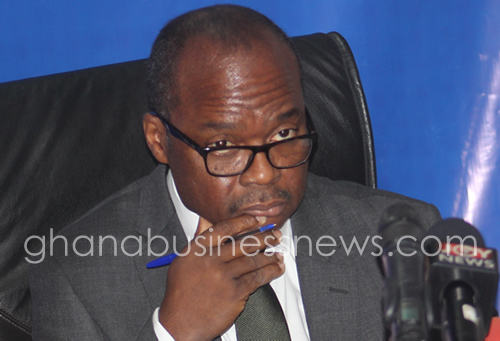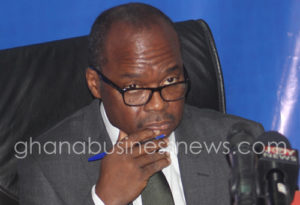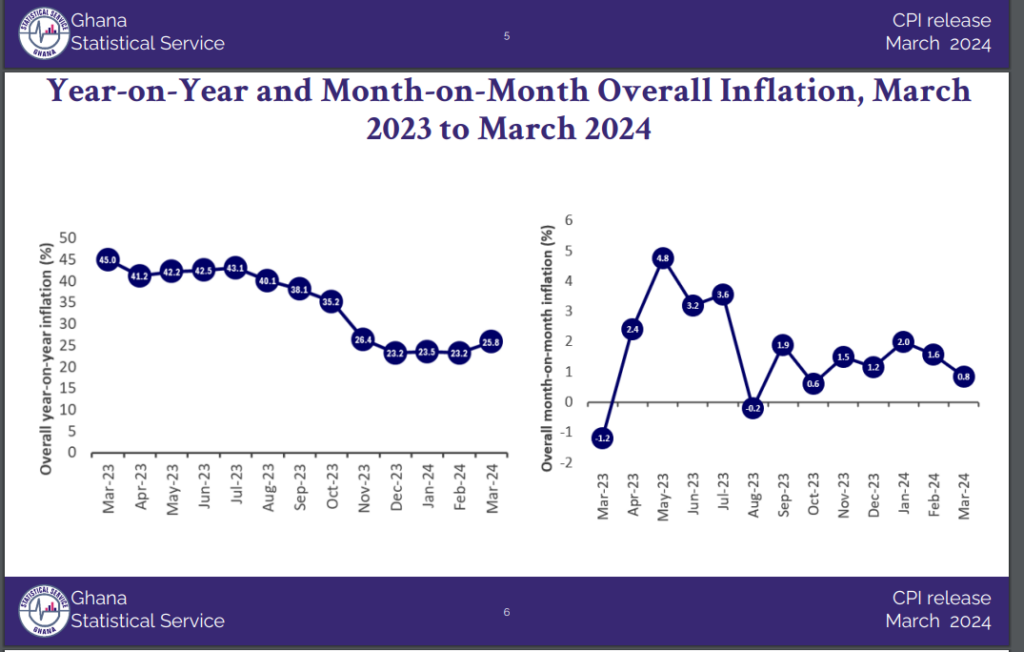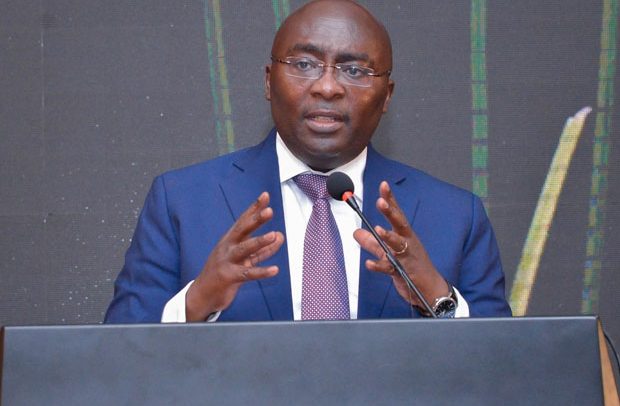


Dr Ernest Addison, Governor, Bank of Ghana (BoG) has allayed fears of increases in taxes leading to a rise in inflation, thereby, dampening government’s single digit inflation target.
“The Bank of Ghana will continue to manage the inflation side of the macroeconomy to ensure that the implementation of tax policies does not affect the downward trend of inflation we’ve seen in recent times,” Dr Addison said.
He said this at a joint press briefing in Accra on Friday, January 19, where the approval of Ghana’s second tranche $600 million loan facility by the International Monetary Fund was announced.
The ongoing implementation of Ghana’s $3 billion three-year Post COVID-19 Programme for Economic Growth (PC-PEG) with the IMF has led to increases in some existing taxes and the introduction of new ones.
That has made some Economic watchers to raise concerns of such development leading to high inflation, with its attendant impact on businesses and in the lives of Ghanaians.
Nonetheless, the Central Bank Governor noted that: “The increases in taxes should not necessarily lead to higher inflation, we rather expect that it will help improve fiscal consolidation and bring the overall macro pressures down.”
He stated that in recent times, monetary policy stance, stable crude oil prices, a relatively stable exchange rate environment, and a stronger foreign exchange reserve accumulation had supported Ghana’s disinflation process.
Dr Addison pledged that: “Government will continue to implement sound policies to further bring down inflation in 2024 until a single digit inflation is achieved.”
To achieve this, he said the Bank of Ghana would continue to monitor both domestic and external developments and respond appropriately to ensure that the downward inflation trajectory was sustained without undermining growth.
He envisaged that a challenging year confronted the country, but expressed optimism that ongoing structural reforms would support a better functioning of the economy.
Mr Stephane Roudet, IMF Mission Chief for Ghana, commended the country over the implementation of the programme, noting that the reforms “are bearing fruit, and signs of economic stabilisation are emerging.”
However, he said the current 23.2 per cent inflation rate for Ghana was still high, and called for tight monetary policy to bring down both inflation and interest rate.
“We’re very happy about the disinflationary path that we’re seeing, but an inflation rate of about 23 per cent is still high. In this context, it is important for the Central Bank to keep sufficiently tight monetary stance,” Mr Roudet said.
“That does not mean interest rate should remain 30 per cent plus forever. If we continue to see that inflation is decreasing, it will create room for the Central Bank to alleviate better on that front,” he noted.
Source: GNA
The post Increases in taxes won’t escalate Ghana’s inflation – Dr Addison appeared first on Ghana Business News.
Read Full Story





















Facebook
Twitter
Pinterest
Instagram
Google+
YouTube
LinkedIn
RSS